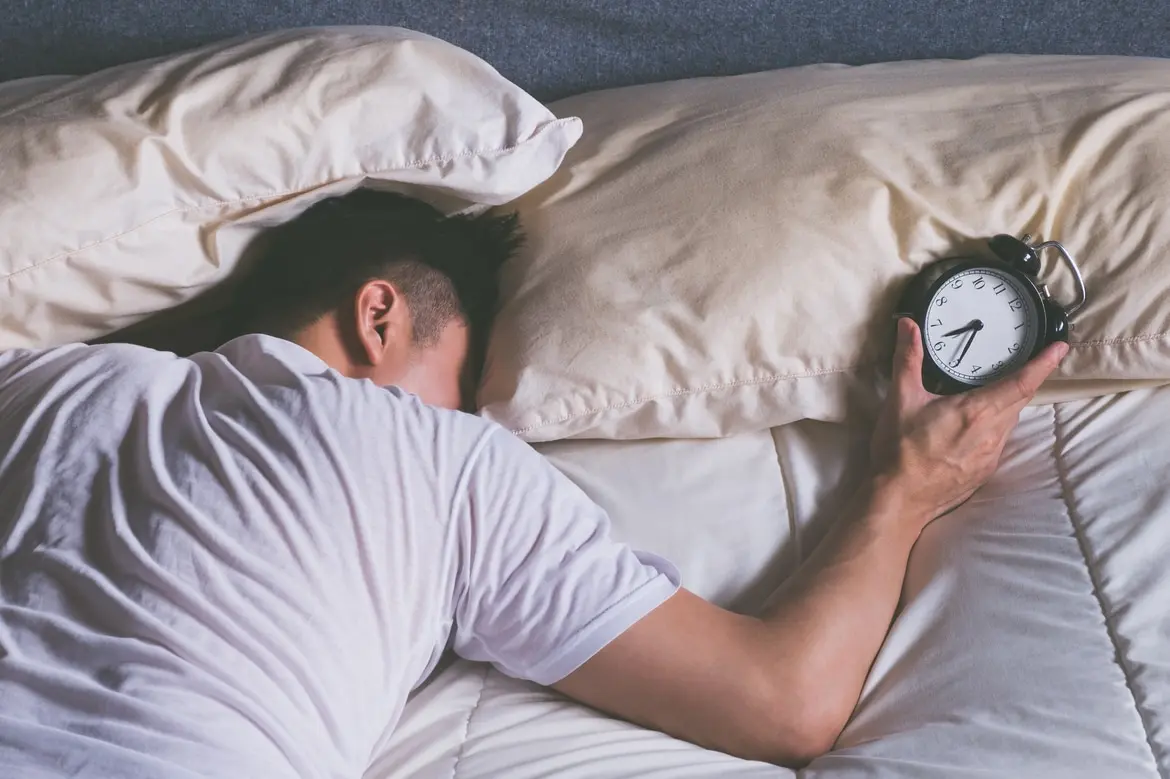Dr Han Hong Juan
Otorhinolaryngologist


Source: Shutterstock
Otorhinolaryngologist
The good news is the World Cup only happens once every 4 years. So, you're not going to do any long-term damage that substantial lack of sleep can cause, such as weight gain and even long-term cognitive impairment, simply by missing a few Zs over a couple of weeks. It's still good, however, to be able to prevent yourself from feeling tired and unproductive, and from falling sick, as a result of sleeping short and odd hours during the World Cup season.
Here're 9 ways you can sleep faster and improve your quality of sleep!
It's tempting to have a shot of coffee to stay awake in the wee hours, and what's football without cracking open a few bottles with your buds during the match? But honestly, as fun as it sounds, it's counterproductive when it comes to getting that much needed shut-eye in before you have to leave for work. Caffeine will give you an adrenaline surge right when you need to go to bed, and alcohol, while it may help you to nod off, will affect the quality of your few hours of sleep.
In addition to alcohol, exposing yourself to your TV or smartphone before going to bed is another way to disrupt the little sleep you'll get. The blue light emitted from these screens suppresses melatonin, the sleep-inducing hormone. You'll fall asleep faster if you avoid these electronic devices for at least an hour before hitting the hay. Make sure you also mute those sports notifications, so you have complete silence while you sleep. They really can wait until morning!
You'll be hot after the game and a higher core body temperature at sleep time leads to difficulty falling asleep. Taking a warm shower, as counter-intuitive as that may sound, will actually help to slow your metabolism and help you fall asleep faster.
Not one for warm showers? A cold room will do just as well. Cool your room to 18°C, says the National Sleep Foundation, and you'll be at the right temperature to help slow down your heart rate and digestion, allowing you to fall asleep faster.
Believe it or not, there's a whole science around wearing socks to bed. Warming your feet widens the blood vessels on the surface of the skin, increasing heat loss. This shifts the blood flow from your core (chest and abdomen) to your extremities (hand, feet, arms and legs), which cools down the body and promotes the rapid onset of sleep.
An Oxford University study showed that insomniacs who were asked to imagine a relaxing scene, such as a waterfall or a beach, fell asleep 20 minutes faster than those who were told to count sheep or not told anything at all.
Music with a slow rhythm of 60 – 80 beats per minute played for 45 minutes before you go to bed can lull you to sleep and, as an added bonus, improve your sleep quality. Meditation music works well, as does classical music. If music isn't available, block out all exterior noise for a night of uninterrupted sleep.
Infuse some lavender oil in your room as you sleep. This will relax your body and lower blood pressure. Sniffing lavender oil has also been proven to deepen the levels of sleep. So it's a two for one!
If nothing works and the game keyed you up too much, don't waste the time you have left tossing and turning in bed. There's nothing that will keep you awake more than trying to get to sleep! Get up and do an activity that engages your hands and your brain, such as completing a crossword puzzle or colouring in a colouring book.